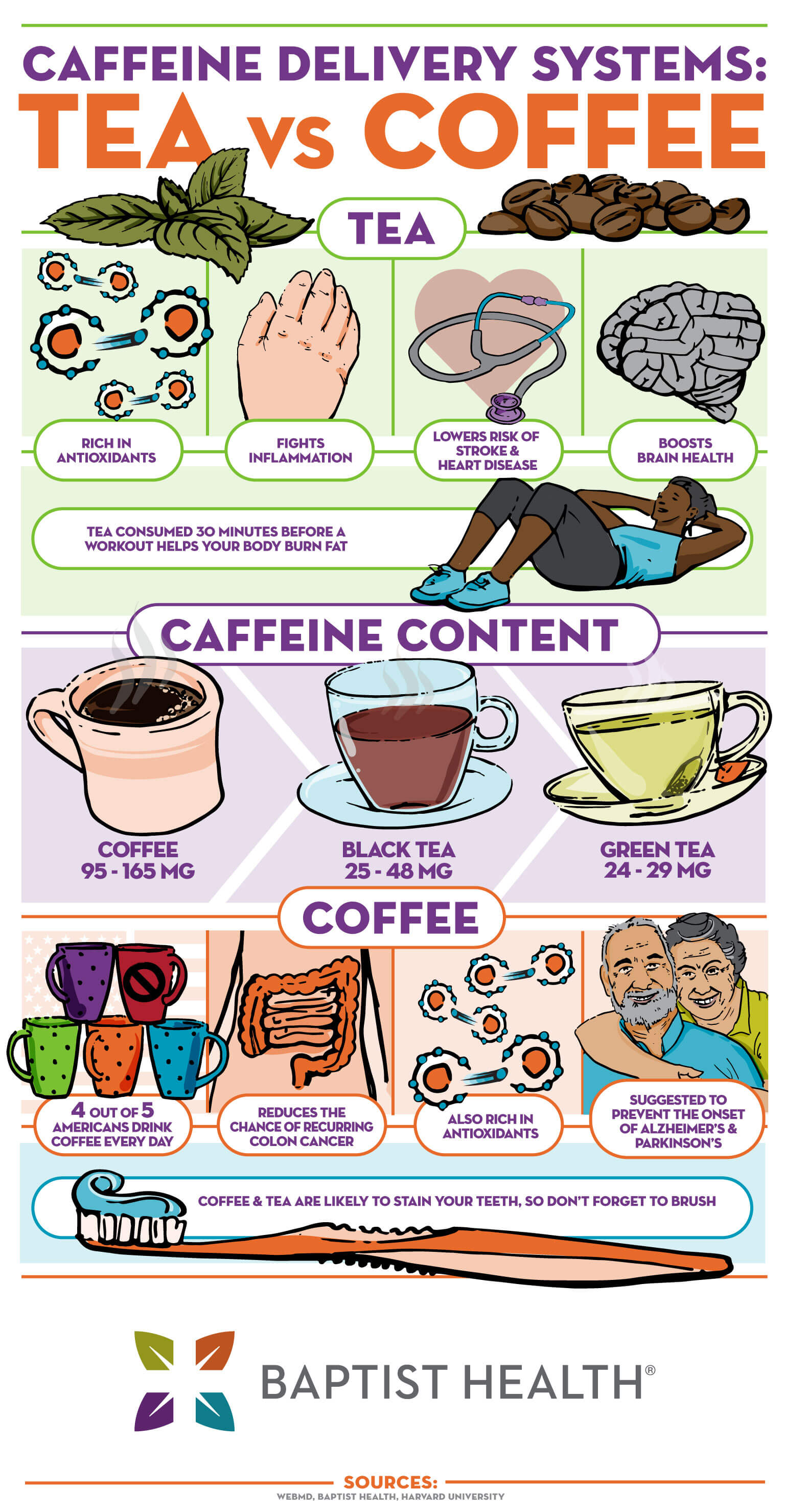Blog
Is Tea Healthier For Your Teeth Than Coffee?
No matter whether it’s coffee in the morning or tea before bed, both beverages can stain your teeth if consumed too frequently; but which is worse for your smile? While both beverages have staining capabilities, both also offer many health benefits – it all depends on how they’re consumed!
Tea and coffee both contain tannins which adhere to teeth enamel, discoloring it over time and weakening it over time, leading to discoloration. Furthermore, their acidity eats away at it over time resulting in thinner enamel which leaves teeth vulnerable to staining – potentially turning them yellower than they actually are.
Black and green tea both contain tannins, although their concentration is significantly less intense than that found in coffee. Furthermore, they typically have lower acidity compared to coffee and other caffeinated drinks; these factors may help offset any potential staining effects on teeth. Nonetheless, milk in tea or added sugar in coffee may increase its ability to stain teeth; to limit contact between this beverage and your teeth it is best consumed in moderation or use a straw or to-go cup when drinking these drinks.
Though both tea and coffee may stain your teeth, they also offer other health advantages. Their antioxidants may lower risk of gum disease by inhibiting bacteria growth and decreasing inflammation; additionally, both can lower cholesterol and blood pressure levels to help protect against heart disease risk; additionally, coffee contains antiadhesive properties which prevent food particles that cause decay from sticking to teeth, helping protect from cavities altogether.
Tea is an ideal remedy for anyone feeling sick with sore throat symptoms. The high concentrations of amino acid l-theanine present can relax both mind and nerves, providing stress relief as well as soothing an swollen throat caused by common cold symptoms.
Tea can provide numerous health benefits, as well as improve the appearance of teeth by naturally whitening them. While not as powerful as professional treatments, tea still has enough whitening potential to remove surface stains from light surface stains. To maximize results for natural tooth whitening efforts, practicing good oral hygiene and avoiding foods and drinks that stain teeth should also help. Brushing after eating or drinking something acidic should also help and rinsing with water should follow shortly thereafter.



